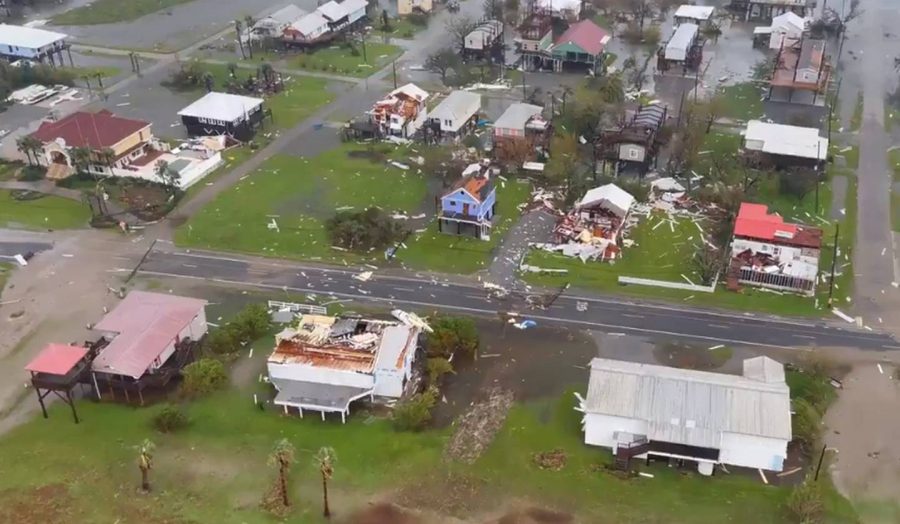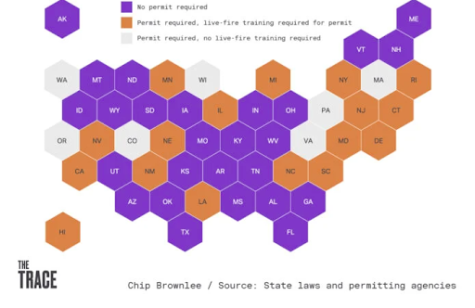Climate change again affecting weather
A U.S. Coast Guard flies over the destruction from hurricane Ida in Louisiana.
September 20, 2021
The Atlantic Hurricane season started June, 2021, since then, the National Oceanic and Atmospheric Administration (NOAA) predicts that there will be 13 to 21 named storms this season. There have already been 11 named storms in the 2021 Atlantic hurricane season, the most recent being Ida. With climate change causing humidity to rise, hurricanes are becoming more severe.
“2021 is a make-or-break year for climate action, with the window to prevent the worst impacts of climate change—which include ever more frequent more intense droughts, floods and storms—closing rapidly,” said the World Meteorological Organization (WMO).
July 2021 has been recorded as the hottest monthly average since records were first recorded 142 years ago. The impact of COVID-19 over the last 18 months has taken the spotlight off of climate change and has even impacted discussions at the international level. Every five years, world leaders agreed to meet and discuss climate change; however, the last meeting was held in 2015 and the 2020 meeting was cancelled due to the COVID-19 outbreak. At the 2015 meeting, the leaders set goals for ways to reduce carbon emissions, but these goals have fallen short of the targets.
“In Paris [2015], the world agreed to avoid the worst impacts of climate change by trying to limit global temperature increases to 2 degrees celsius above pre-industrial levels by the end of the century. The aim was to keep the rise to 1.5 degrees celsius if at all possible. We are way off track. On current plans the world is expected to breach the 1.5 degrees celsius ceiling within 12 years or less and to hit 2 degrees celsius of warming by the end of the century,” said Chief Environment Correspondent for the British Broadcasting Corporation, Justin Rowlatt.
When the earth gets hotter by 1 degrees celsius, this increases the amount of moisture that is able to be held in the air by 7%. If the world becomes warmer by 3 degrees celsius, then Earth would be able to hold 21% more water. The condensation in the air has already risen 9.7%, on average, since 1970. However, the world is not perfect, and this water will not be spread evenly around the planet.
“On average, warming is expected to result in dry areas becoming drier and wet areas becoming wetter, especially in mid- and high-latitude areas,” said Zeke Hausfather, Director of Climate and Energy for The Breakthrough Institute.
Most would claim that climate change means Earth is going to dry up, this is only partly true. Climate change also means that the Ida’s of the world will have even more devastating results.







![“She [Walker] was the biggest advocate for any student,” said Basile.](https://mundismillmedia.com/wp-content/uploads/2023/05/Colorful-Watercolor-Note-Paper-with-Brush-Stroke-A4-Document-336x475.png)



